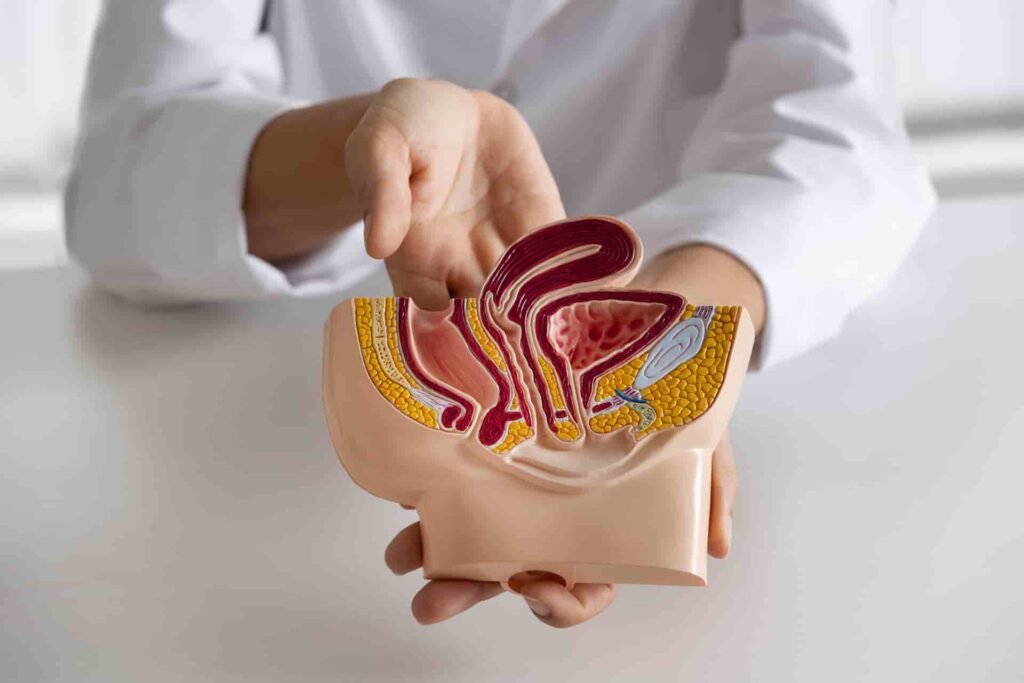
Understanding the Difference Between Piles and Fistulas: Causes, Symptoms, and Treatment
Introduction:
The anal region is often affected by ailments such as piles and fistulas, which can cause discomfort and distress to those who suffer from them. Despite the similarities in symptoms and locations, these two conditions differ in their causes, characteristics, and treatment approaches. A comparison of piles and fistulas is presented in this article, along with their respective causes, symptoms, and treatment options. Hemant Garg, a renowned proctologist, discusses eight habits that can lead to piles and prevention methods. He provides Piles Treatment and Fistula Treatment and Fissure Treatment services at SDMH Hospital, Rambagh, Jaipur.
Understanding Piles (Hemorrhoids):
Anal canals and lower rectums can become inflamed and swollen because of piles, also called hemorrhoids. They can be internal, developing within the rectum, or external, growing under the skin around the anus. It is quite common for people to experience piles, which can be caused by many factors, including straining during bowel movements, chronic constipation, pregnancy, obesity, and a sedentary lifestyle.
Pile symptoms may include:
- Bright red blood often appears on toilet paper or in the toilet bowl as a result of rectal bleeding.
- The anal region may be itchy, irritated, or uncomfortable.
- During bowel movements, you may feel pain or discomfort.
- A swelling or lump around the anus.
- The mucus discharges from the anus.
A healthcare professional usually diagnoses piles by examining a patient’s body and assessing their medical history. Anoscopies or colonoscopies may be recommended to rule out other potential causes of symptoms in some cases.
A pile’s treatment options vary depending on its severity and type. Mild cases can be managed by modifying diet, increasing fluid intake, and exercising regularly. Symptoms such as itching and discomfort may be relieved by over-the-counter medications such as creams, ointments, and suppositories. For more severe cases, rubber band ligation, sclerotherapy, or surgical removal of hemorrhoids may be necessary.
Understanding Fistula:
Fistulas are abnormal connections between organs or between organs and the skin surface. In an anal fistula, a passage develops between the anal canal or rectum and the skin near the anus. A fistula develops as a result of an infection or inflammation of the anal glands, which are small glands inside the anal canal.
Common causes of anal fistula include:
- An anal abscess is a collection of pus near the anus caused by infection. It is possible to develop a fistula if the abscess fails to heal or ruptures.
- Anal fistulas can occur due to chronic inflammation in the digestive tract in conditions such as Crohn’s disease and ulcerative colitis.
- Fistulas are sometimes caused by past anal surgeries, such as hemorrhoids or fistulotomies.
Anal fistula symptoms may include:
- Persistent anal pain, especially during bowel movements.
- Drainage of pus or blood from an opening near the anus.
- Recurrent anal abscesses.
- Skin irritation or itching around the anal region.
- Fever or chills in infection cases.
It is typical for a healthcare professional to perform a physical examination to diagnose an anal fistula. A visual inspection of the anal area and possibly a digital rectal exam are included. Fistula tract extent and location can be determined by imaging studies, such as MRIs or ultrasounds.
Conclusion:
Fistulas and piles can both cause abdominal discomfort, but their causes, symptoms, and treatment approaches are different. The anal canal is inflamed and swollen with piles. A fistula is an abnormal tunnel-like connection between the anal canal and the skin near the anus. To manage these conditions effectively and improve the quality of life of those affected, it is essential to provide proper diagnosis and treatment. Dr. Hemant Garg is the most reputed Fistula Treatment and Fissure Treatment in Jaipur and has years of work experience and is the Best Piles Doctor in Jaipur for Fissure Surgery and for such as Fistula surgery and Piles Surgery.